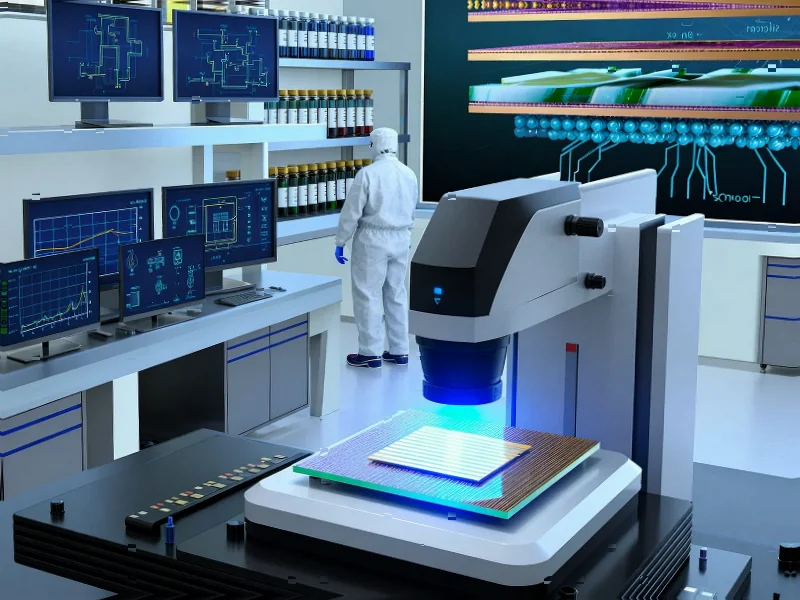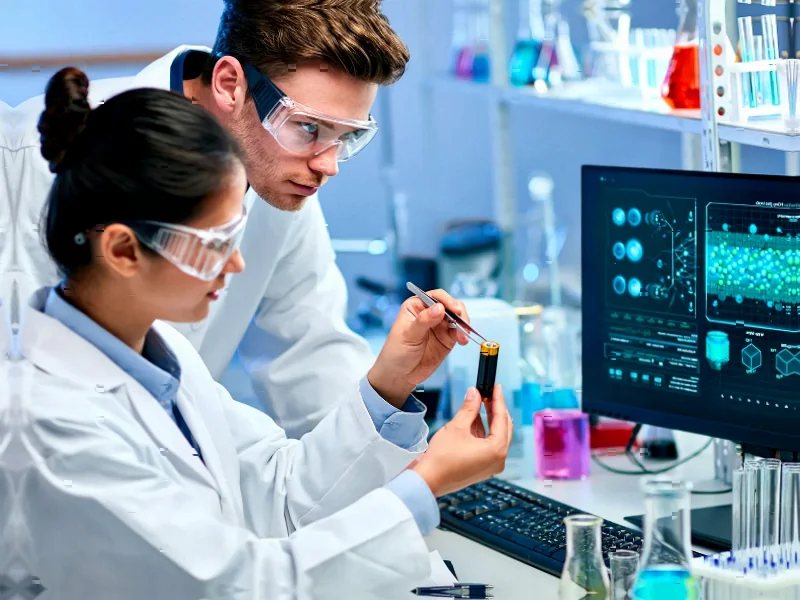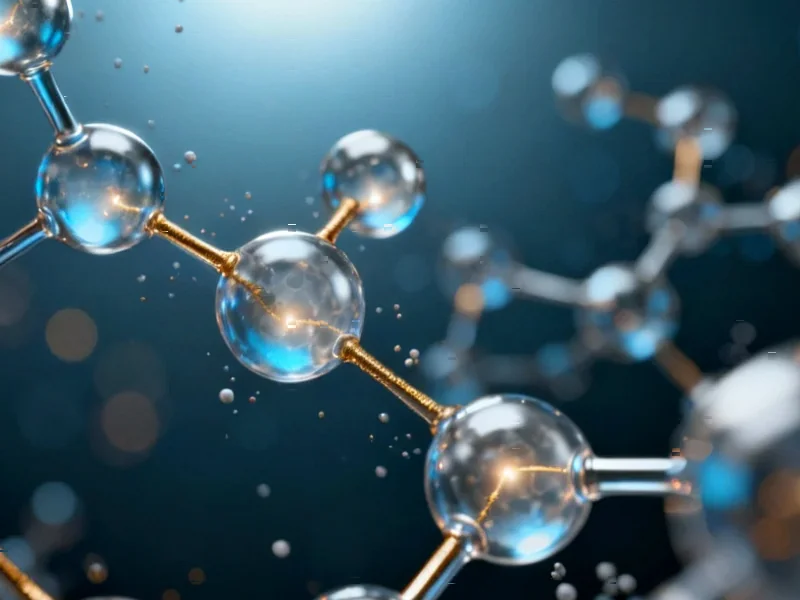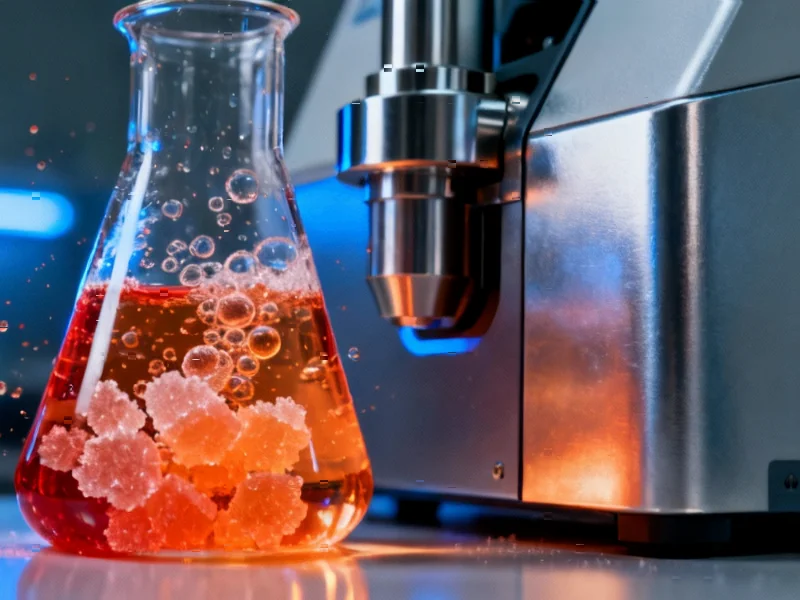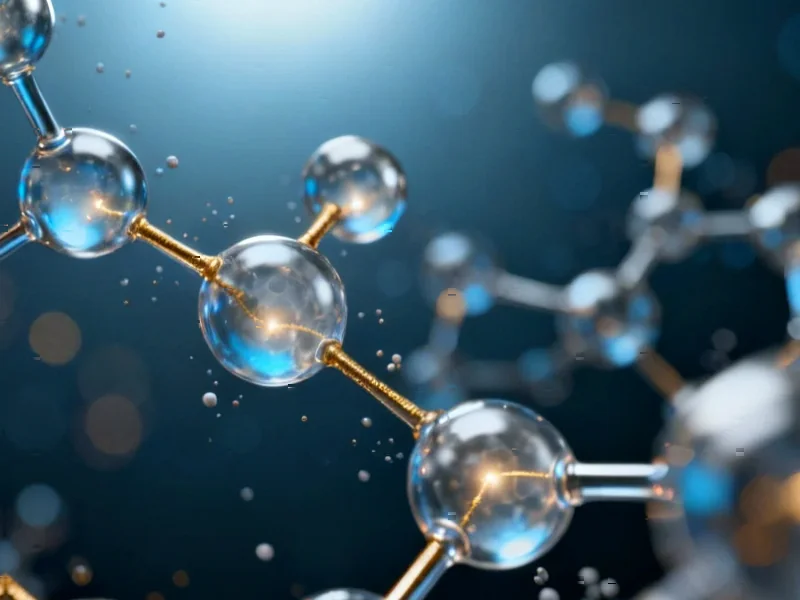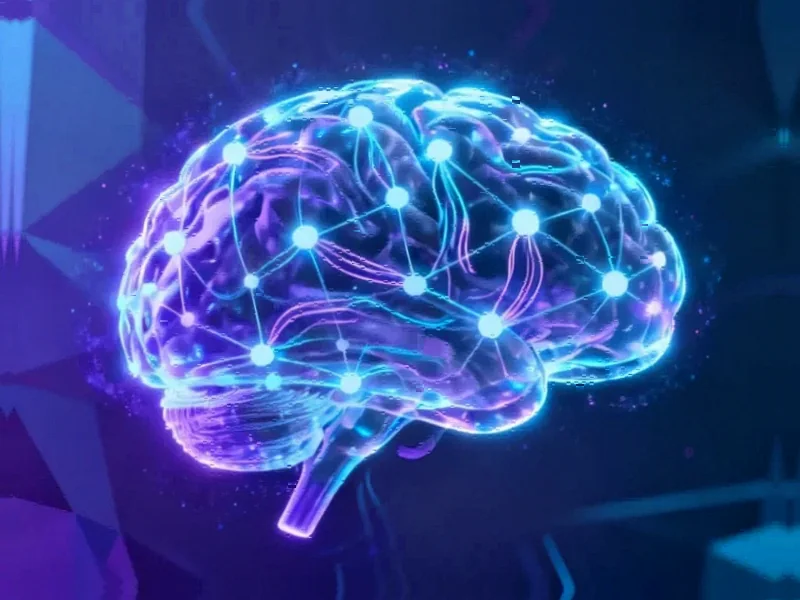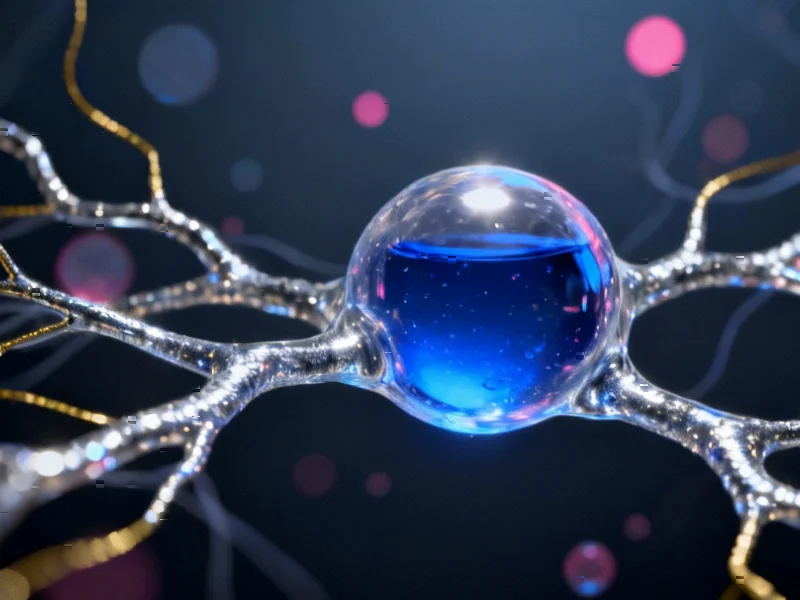A pioneering radiocarbon analysis of Hungarian nectar samples has revealed surprising contributions from decades-old carbon sources. The findings suggest natural carbon storage mechanisms in plants and soil may influence honey composition more than previously understood.
Breakthrough Nectar Analysis Reveals Hidden Carbon Sources
In what researchers describe as a first-of-its-kind investigation, scientists have traced unexpected carbon sources in Hungarian flower nectar using advanced radiocarbon dating techniques. According to reports from a study published in Scientific Reports, the analysis of 51 nectar samples from six plant species has uncovered contributions from carbon dating back 60-70 years in some cases.
